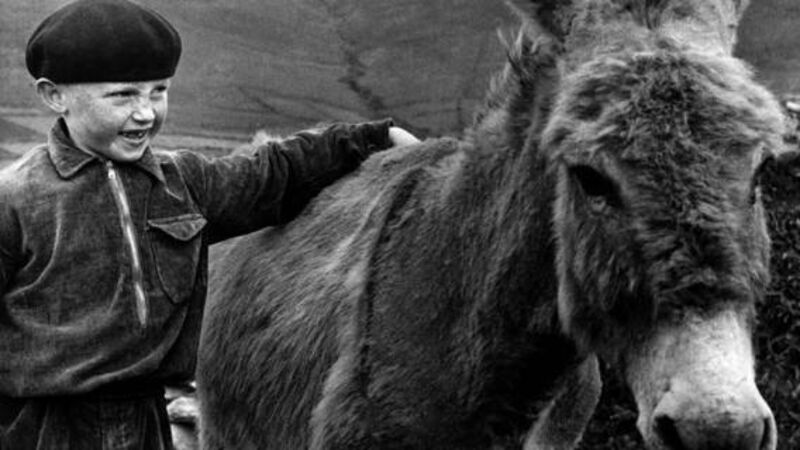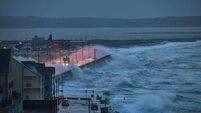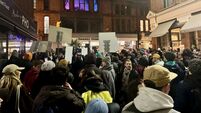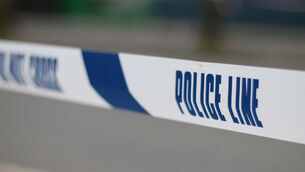Latest phase of archive project provides real human insight into 1950's Ireland

Momentous events include the Great Famine, the Great War, the War of Independence and the declaration of a Republic in 1949.
But we have also tracked the everyday concerns of ordinary people, providing a living social history — from the price of bread in hungry times to changes in fashion in more affluent ones.













